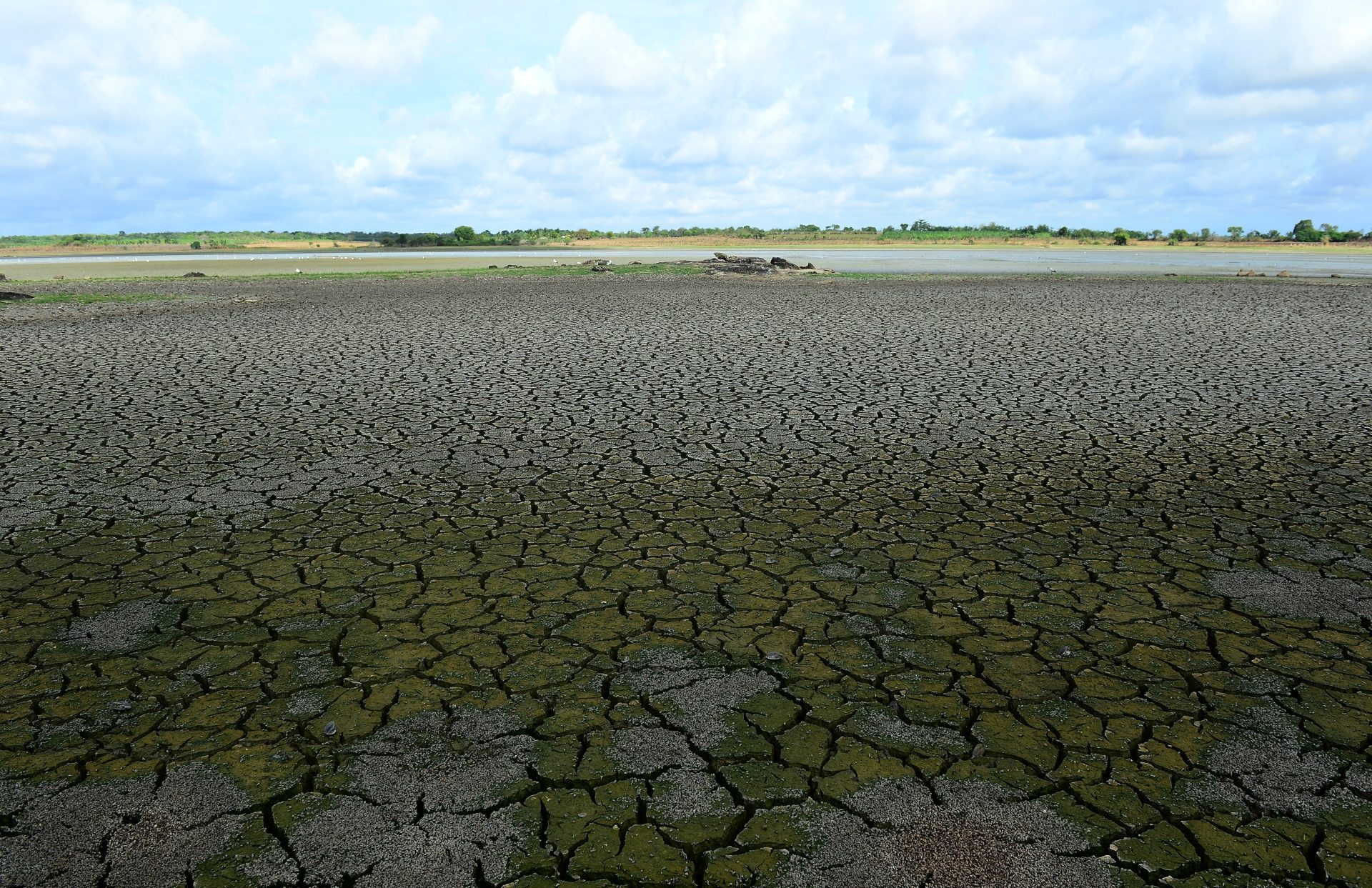Due to the recent drought, at least 13 districts in Sri Lanka have been severely affected by water shortage, leading to the destruction of 50 thousand acres of agricultural land, including rice paddies and cultivated fields.
As rice production declines, an imminent shortage of this staple in the national diet is anticipated, which will likely result in a sharp rise in prices.
As of now, there seems to be no immediate need to initiate an urgent rice import. However, the government might be compelled to do so in the upcoming months.
Meanwhile, producers are likely to capitalize on the limited reserves of the Paddy Marketing Board, causing a general price increase that will burden the already struggling final consumers due to the ongoing economic crisis.
Senior officials from the Ministry of Agriculture have noted that “damage estimates for crops are increasing daily as a result of heat and water shortages”.
Officials explained that “there is no food shortage since the stocks held by millers and farmers are sufficient to sustain the country.” The need to import rice could arise by year-end.
An alarming situation could emerge due to India and China halting rice exports. The officials cautioned, “We will face a serious problem in that scenario. As of now, there are no such plans. It is imperative for the government to take proactive measures to address this looming issue.”
Economist Senarath Manatunga, in an interview with AsiaNews, said that “farmers have repeatedly appealed for compensation for their damaged crops.”
Many of these farmers, who cultivated their lands using bank loans, are now struggling to repay those loans and cover their household expenses.
In some instances, frustrated farmers have resorted to burning their damaged crops, although this does not offer a solution.
However, Agriculture Minister Mahinda Amaraweera has made it clear that no compensation will be granted to farmers who deliberately set their rice paddies, straw, and crops on fire.
In response to farmers attempting to secure compensation by resorting to such measures, the government’s stance is that “no compensation will be awarded for deliberately ignited land.”
Accountability is also being directed toward those responsible for failing to promptly assess and address the critical situation arising from the drought.
The Meteorology Department has predicted heavy rainfall between October and November. Farmers and agricultural entrepreneurs are advised to focus on the forthcoming season.
Inhabitants of Anuradhapura and Polonnaruwa districts are digging and harvesting lotus roots from dried-up reservoirs to sustain themselves due to the exorbitant cost of available rice supplies. Multiple areas are grappling with a scarcity of drinking water.
The Irrigation Department has issued a warning that the situation will deteriorate further after releasing water for 900,000 acres of rice paddies next week.
Major reservoirs are projected to maintain levels above 20%, whereas smaller reservoirs, like those in Kurunegala, will plummet below 10%.
To support those dependent on tanks, the Disaster Management Center (DMC) has distributed 140 portable tanks of potable water.
Nishantha Kahandgama and Upul Mediwaka, officials in the wildlife sector, highlight an additional problem stemming from the water crisis: “Poachers are exploiting the prevailing drought to poison water holes and kill animals.”
Evidence from Yala National Park, the island’s second-largest park overlooking the Indian Ocean, indicates that animals have been poisoned and trafficked by these poachers.
“Carcasses of animals killed by poisoning have been discovered, and the culprits need to be apprehended. These poachers often distribute the poisoned meat to various areas.”
This poses “a potential threat to the health and lives of consumers.” Local tourists are predominantly targeted, prompting the officials to urge residents in neighboring villages to report any knowledge of individuals involved in this illicit trade.







